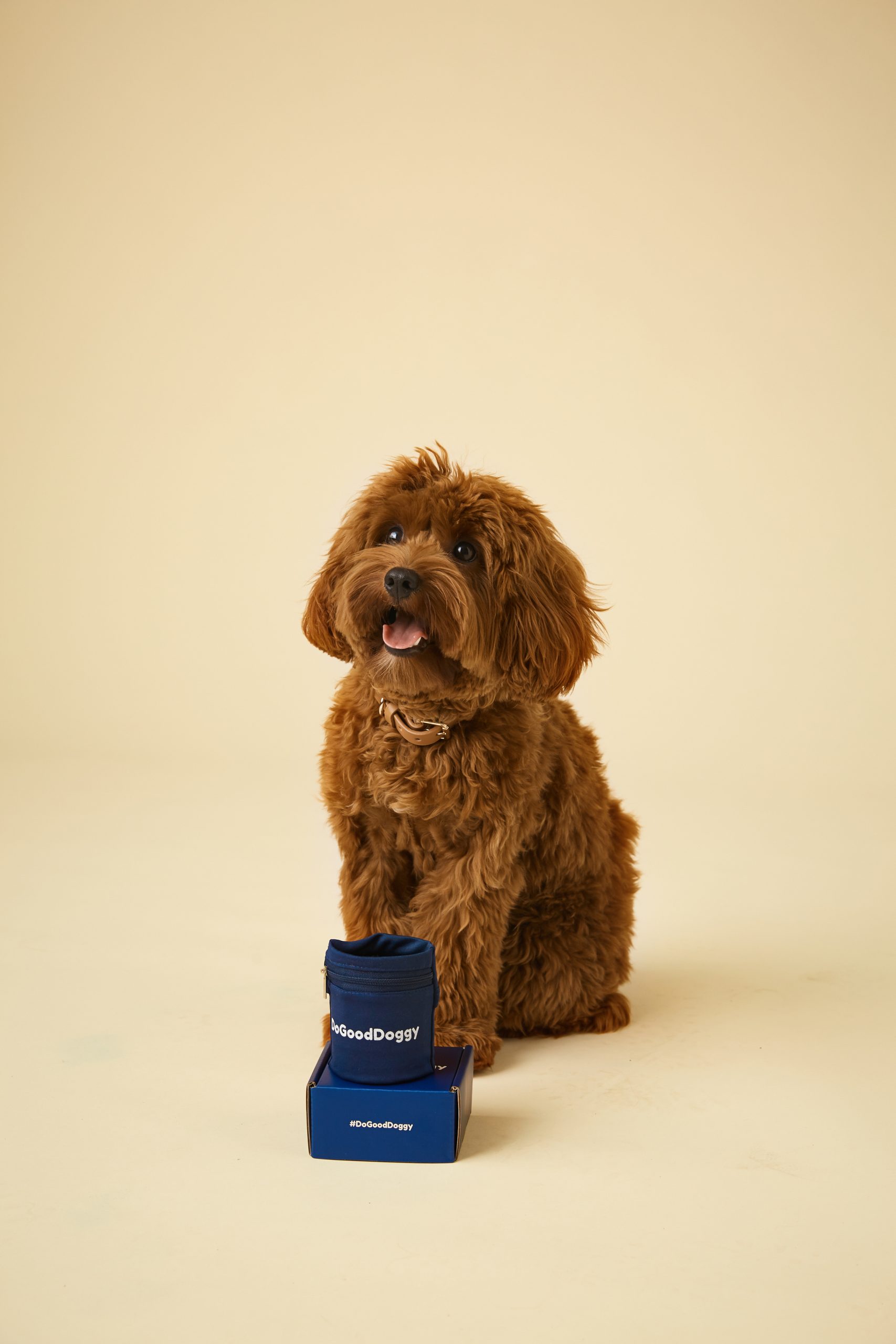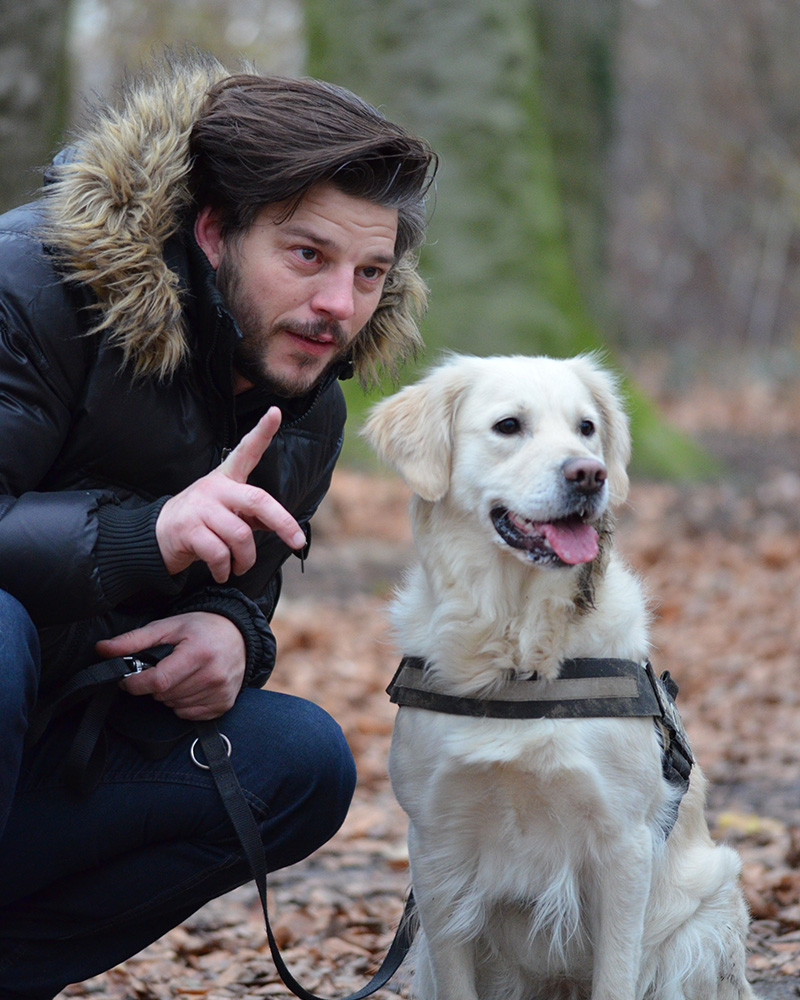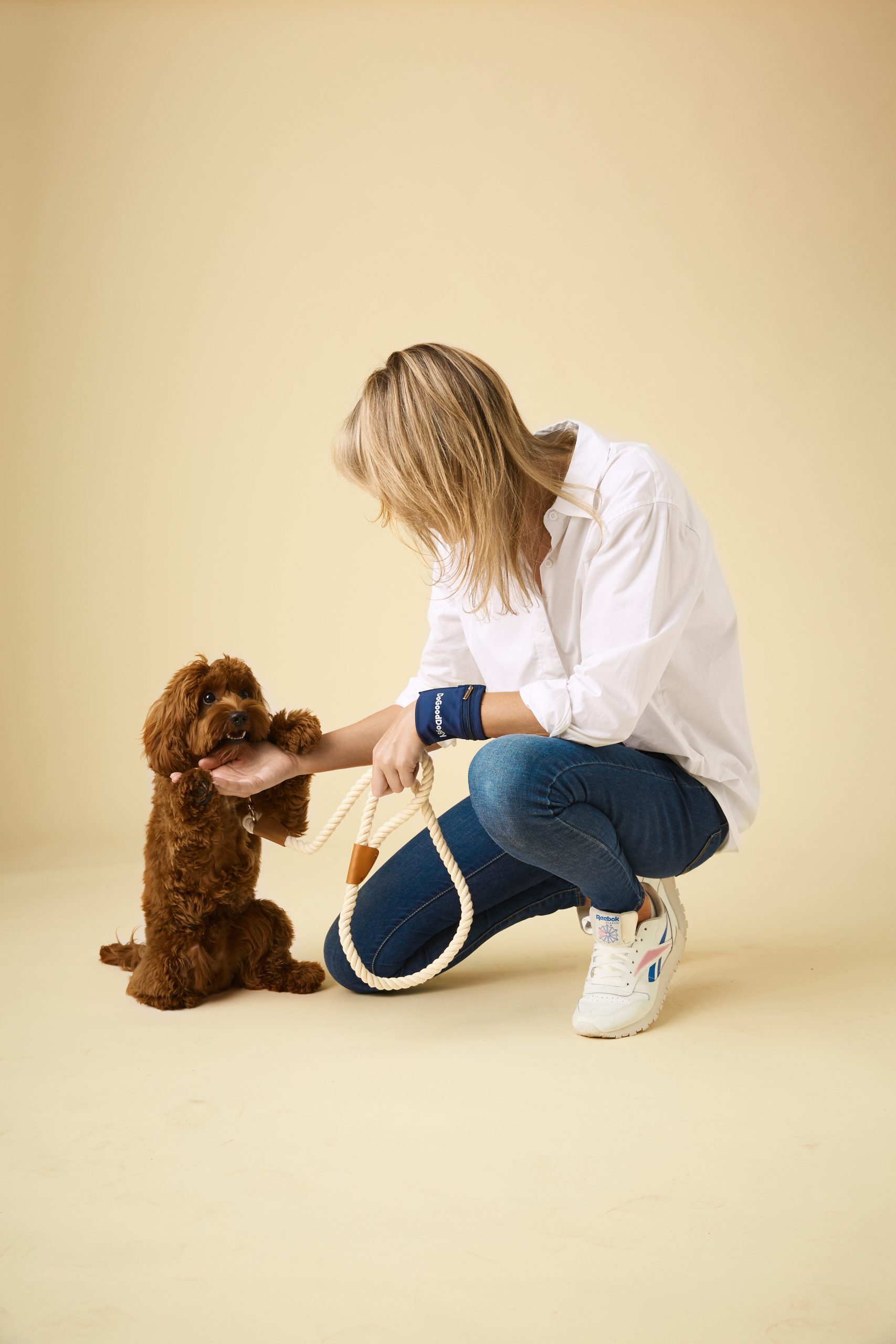Dogs flourish with routines, which are crucial for simplifying their lives. Having a consistent schedule aids a young dog in adapting to its new environment and family, promoting discipline and positive behaviour. Prior to welcoming a puppy into your household, establish a structured routine and adhere to it faithfully.

Getting Your Pup into a Routine
1. Mealtimes
Understanding a puppy’s feeding needs is crucial before establishing mealtimes. Puppies aged six to eight weeks, weaned from their mother’s milk, should eat two to three times a day until six months old. Feed them at consistent times to promote regular potty habits. Ideal meal times are 7 a.m., 12 p.m., and 5 p.m.
Maintain this schedule until your puppy reaches six months, then reduce feedings to twice daily until it turns one. Feed your pup in the morning and evening, keeping meals eight to twelve hours apart. If possible, serve the last meal at 5 p.m. to allow digestion and bathroom needs before bedtime.
2. Potty Breaks
Housetraining should start when a puppy is between 12 and 16 weeks old, as they can control their bladder and bowel movements. Delay in training may prolong the process.
Take your puppy out first thing in the morning, then every 30 minutes. Also, let it outside after meals, activities, and naps. End the day with a final potty break before bed. Stick to this routine until your dog is fully housetrained.
Some puppies urinate and defecate once or twice daily, while others do so four or more times. Regularity is key. If your pup’s potty breaks fluctuate significantly, consult a vet.
3. Vet Visits
Ensure your puppy’s health with regular vet visits. At two to three weeks, schedule an initial checkup and de-worming. At six to eight weeks, visit for vaccinations and parasite prevention.
Ideally, visit the vet every three to four weeks until the puppy is 16 weeks old for vaccinations like DA2PP, leptospirosis, and rabies. The vet may adjust the schedule based on your puppy’s specific needs.
4. Play Time and Exercise
Puppies need daily interaction and exercise. Play with your pup for at least 20 minutes daily, followed by another 20 minutes of exercise.
Different breeds have varying energy levels. Smaller dogs require less activity than larger ones. For young puppies, shorten play sessions and provide ample nap time. Stick to the schedule, avoid repetitive activities, and watch for signs of exhaustion. Consult your breeder or vet for guidance on your puppy’s physical needs.
5. Naps and Bedtime
Puppies, despite their energy, sleep 16 to 20 hours a day. Plan a sleep schedule with naps. A good routine involves breakfast at 7 a.m., followed by a potty break and exercise. Allow a nap for 30 minutes to two hours, then repeat after lunch.
Feed dinner at 5 p.m., giving time for activities before bedtime. After dinner, take a final walk and engage with family. Before sleep, provide a quick bathroom break and guide your pup to its crate.
6. Trainings
Teaching your puppy obedience and social skills early fosters a happy, safe, and confident pet. Schedule short training sessions daily for basic commands. Puppies have short attention spans, so keep sessions brief and enjoyable.
Train after meals when your puppy has energy. At eight to ten weeks, teach basics like name recognition, simple commands, and early socialization. This period is also ideal for starting potty and crate training.
From ten weeks to six months, expand training to include more commands, socialization, and impulse control. Introduce command combinations and structured play.
Training can be challenging, especially with independent or stubborn breeds. If struggling, consider a dog training program for assistance.
It is important that you know how often an average puppy eats daily before you start planning its mealtimes. Puppies between six and eight weeks old are usually fully weaned from their mother’s milk and should be fed two to three times a day until they are six months old. Ideally, they should be fed at the same time every day so that they end up having regular potty times. The recommended hours for pooches to have their meals are 7 a.m., 12 p.m., and 5 p.m.
Stick to this feeding schedule until your puppy reaches the age of six months, at which point you should reduce its number of feedings to twice a day until it turns one year old. Feed your pooch once in the morning and once in the evening. Make sure that you keep its feedings at eight-to-12-hour intervals. If possible, give your dog its last meal for the day at 5 p.m. so that it will have enough time to digest its food and do its business before bedtime.
Housetraining a puppy is recommended when it is between 12 and 16 weeks old. This way, it already has enough control over its bladder and bowel movements. Do not wait long before you potty train your pooch, as it may take longer to learn.
Always take your furball out to do its business first thing in the morning then once every 30 minutes. Also, take it outside after every meal, activity, and nap. Finally, take it out one last time before bedtime. Do these consistently until your dog is completely housetrained.
Some puppies urinate and defecate only once or twice daily, while others pee and poop four or more times a day. The truth is, how often your pooch goes isn’t what matters. As long as it does its business the same number of times per day, you should not worry about anything. But if it’s potty break goes from one to four times daily, there may be something wrong with its health and a vet visit may be needed.
New puppy vet care is required to ensure your pooch’s general health. At two to three weeks of age, a pup will need to see a vet for an initial checkup and de-worming. At six to eight weeks old, it will need to visit its vet for vaccinations and parasite preventative treatments.
Ideally, your pooch will need to visit its vet once every three to four weeks until it is 16 weeks old for basic vaccinations and injections such as DA2PP, leptospirosis, and rabies. However, schedules may vary depending on the specific needs of your dog. Leave it to your vet to recommend the best schedule for your puppy.
Whether it’s walking, chasing, or tugging, puppies need daily interaction and exercise. It is recommended that you play with your pooch for at least 20 minutes a day, then give it another 20 minutes of exercise.
Bear in mind that different breeds have different energy levels. Also, smaller dogs require less physical activity than larger ones. If your pooch is still young, it is suggested that you shorten its play sessions and exercise, and give it plenty of time to nap. Make sure you are consistent with the schedule and avoid repeating the same activities. Be mindful of your dog’s actions, as it could be telling you that it is too exhausted to go on. Finally, talk to your breeder or vet should you have any questions about your furry friend’s physical needs.
Puppies may be full of energy, but they usually sleep from 16 to 20 hours a day. This is why you should plan a sleep schedule that includes naps. A good routine to follow is to get your pooch ready for breakfast at 7 a.m., then take it out for a potty break and some exercise. Allow it to nap for 30 minutes to two hours, then repeat the whole thing after lunch.
It is recommended that you feed your dog dinner at 5 p.m. to give it ample time to do other things before bedtime. After eating its last meal, take it out for a final walk and have it interact with other family members. Before sleep, give it a quick bathroom break, then lead it back to its crate.
Teaching your pooch obedience and social skills at an early age will allow it to become happy, safe, and confident in any environment and situation. What you need to do is schedule a few short training sessions daily to teach your dog basic commands. Remember that puppies have an attention span as short as five to ten minutes, so make sure to keep your sessions brief but fun.
A great time to train your pooch is after every meal so that it has enough energy to spare. Eight to ten weeks of age is a great time to teach a puppy the basics such as their name, simple commands, and early socialisation. This is also the age when you can start potty training and crate training your dog.
From ten weeks old to six months old is the best time to expand your pooch’s knowledge of commands, socialisation, and impulse control. You may start giving it command combinations and introduce it to structured play sessions.
Many dog owners find training to be one of the toughest things to do. This is because some breeds can be independent and stubborn. If you are having a challenging time teaching your pooch how to behave appropriately at home and outdoors, a dog training program can help.

Start Your Puppy Off Right with DoGoodDoggy!
DoGoodDoggy aims to transform puppies of all ages, breeds, and levels into well-mannered family members. We provide doggy owners with all of the tools they need to manage their pets by offering an all encompassing training method which includes basic commands, obedience, early socialisation, potty training, crate training, and much more!

